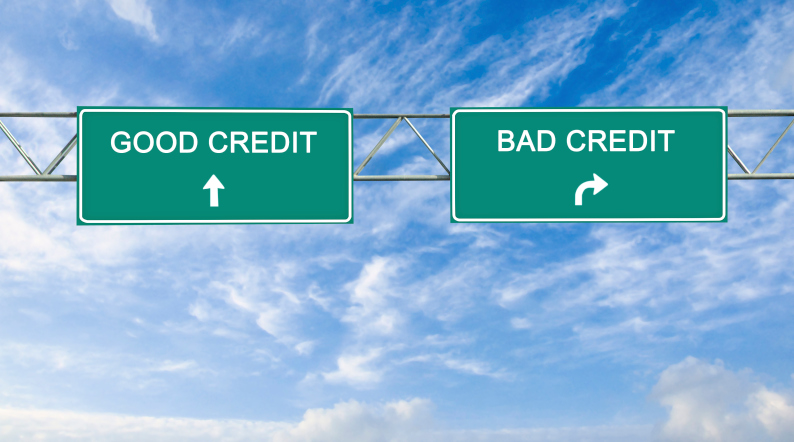A Late Payment: Credit Score Impact
 This has been a difficult year for everyone. There are a lot of people who are worried that they might not be able to keep up with their mortgage payments. Small businesses have had to close their doors and numerous individuals have been laid off from work.
This has been a difficult year for everyone. There are a lot of people who are worried that they might not be able to keep up with their mortgage payments. Small businesses have had to close their doors and numerous individuals have been laid off from work.
It is important for homeowners to understand that banks do not want people to foreclose on their homes either. Therefore, they are often willing to work out an alternate payment plan with homeowners who are struggling due to dire financial situations. Those who are late on a mortgage payment might be wondering how this is going to impact their credit score. The answer is that it depends.
How Does A FICO Credit Score Work?
Someone’s credit score is a conglomeration of multiple factors including payment history, the amount of money owed, the length of the credit history, and new credit. A late or missing mortgage payment is only going to impact one of these categories. Unfortunately, this also happens to be the largest factor, making up more than a third of the total credit score.
A Late Mortgage Payment
First, it is important for everyone to know that a late payment is not going to impact someone’s credit score until it is late by more than a month. At the same time, people need to remember that the lender can still access a late fee. If someone has a high credit score with a long credit history, this late payment is not going to hurt as much. On the other hand, someone with a poor credit score and a short credit history might feel the sting a little bit more.
Furthermore, it is important for people to note that a payment that is late by 60 or 90 days is going to hurt someone much more than a payment that is late by just one month. Therefore, even if a payment is going to be late, people should still try to pay it as early as possible.
Protect The Credit Score
It is important for everyone to try to do everything they can to protect their credit score. If they are worried they are not going to be able to make a mortgage payment, they should let the lender know and see what their options are.
 If you’re thinking of buying a home, you’ve probably been thinking a lot about your credit score as well. Credit scores control so much of what we do in the world of finances, but what does your credit score really have to do with your mortgage? Here are three ways that your credit score could impact your mortgage application.
If you’re thinking of buying a home, you’ve probably been thinking a lot about your credit score as well. Credit scores control so much of what we do in the world of finances, but what does your credit score really have to do with your mortgage? Here are three ways that your credit score could impact your mortgage application. Currently, this is a great time to be in the market for a new home. The interest rates on mortgages have fallen countless times over the past few years. Even though interest rates have been in the double-digits in the past, there are homeowners today who are able to agree to a mortgage for less than three percent.
Currently, this is a great time to be in the market for a new home. The interest rates on mortgages have fallen countless times over the past few years. Even though interest rates have been in the double-digits in the past, there are homeowners today who are able to agree to a mortgage for less than three percent.